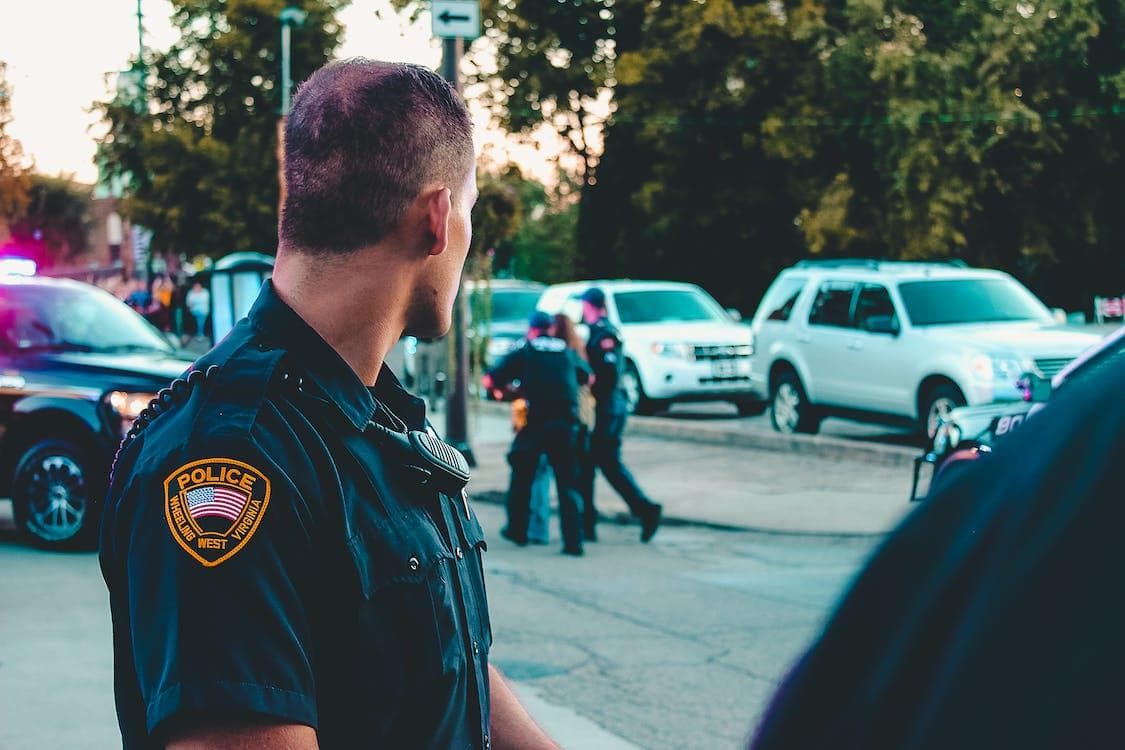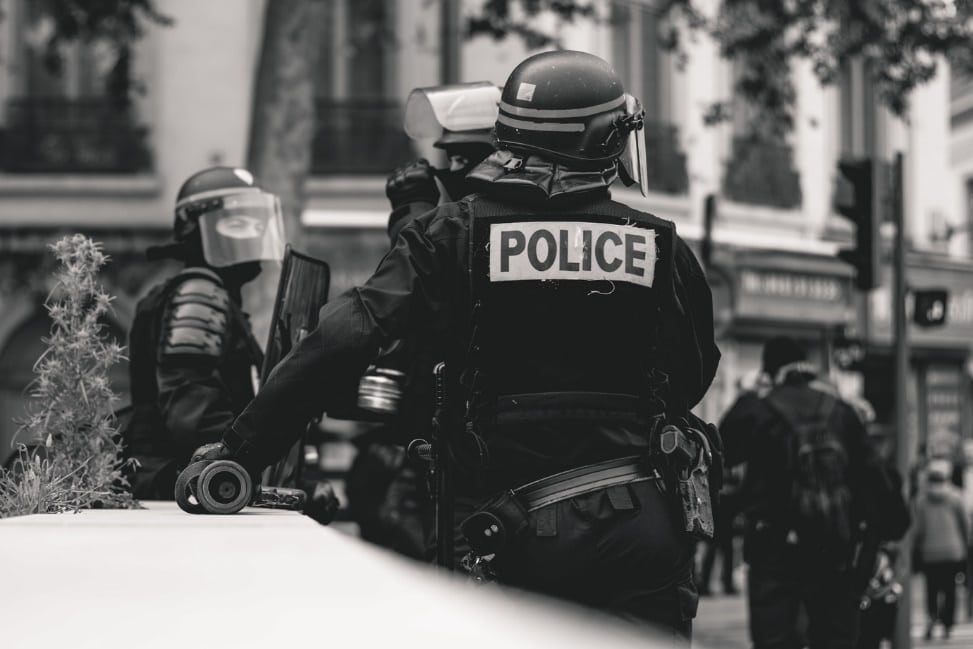Even during arrests for alleged crimes or violations, civilians maintain particular rights the police cannot violate. For instance, the Fourth Amendment prohibits law enforcement officers to search and seize property without probable cause. Similarly, the Eighth Amendment prohibits cruel and unusual punishment.
If the police violate any of these rights and use excessive force during your arrest in Nevada, you can sue the officer, their supervisor, or the entire department for compensation. However, police brutality cases are incredibly complex and difficult to win. So, be prepared to face an uphill battle and hire an experienced lawyer specializing in these niche civil rights cases.
In this post, we’ll share a simple guide to suing the police for excessive force during an arrest.
Excessive Force Explained
Police officers in Nevada or any state are given great power and autonomy to perform their duties. These highly-trained individuals are expected to protect civilians from various threats, including violent individuals. Hence, they can legally use physical and deadly force if the situation mandates it. However, using this power when not required crosses the line to police brutality.
Excessive force means using more physical force than necessary to detain or arrest a compliant suspect based on probable cause. In other words, if you haven’t tried to flee, resist arrest, or threat to harm an officer, they have no reason to:
- Use harmful weaponry, such as pepper spray or tasers.
- Hold you in stressful or humiliating positions for extensive periods.
- Handcuff you too tightly.
- Abuse you verbally.
- Not follow standard procedures during an arrest.
- Physically assault a suspect before or during custody.
Filing a Police Brutality Civil Lawsuit in Nevada
Since Federal law makes violating a person’s constitutional rights a crime, you can sue the police for excessive force and unlawful arrest. In January 2023, the Nevada Supreme Court upheld the right to sue responsible government officials for wrongful searches and seizures and rejected qualified immunity. So, if an officer is proven guilty of any of these crimes, they can be charged with a felony offense that can carry anywhere from a year to life in prison.
However, as a claimant, you have the burden of proof, meaning you need to prove your case. In your claim, you should:
- Describe the arrest and the events leading to it (date, time, place, etc.)
- Provide any evidence of the incident – smartphone footage, CCTV, etc.
- Identify the officer(s) and explain their part in the unlawful arrest.
- Explain the consequences of excessive force, such as injuries or emotional distress, with documented evidence.
Once you’ve filed your claim, you can follow the standard procedural steps, including:
- Notify the defendants about your lawsuit with a statement of claim from the court.
- Attend court hearings to present evidence and witness statements.
- If the case goes to trial, your lawyer will present more arguments and evidence until the judgment.
- If you win, you’ll be rewarded with your desired compensation. If not, you can file an appeal and take your case to a higher court.
Contact a Nevada Police Brutality Lawyer Right Away!
The experienced police brutality attorneys at the Bourassa Law Group are at your service to provide solid legal advice and build a winning case following an unlawful arrest violating your Fourth and Eighth Amendment rights. We understand the challenges of suing the police for excessive force and know what it takes to prove that an officer went above and beyond.
Feel free to schedule a consultation by calling 800-870-8910 so we can review and discuss your case in detail.





